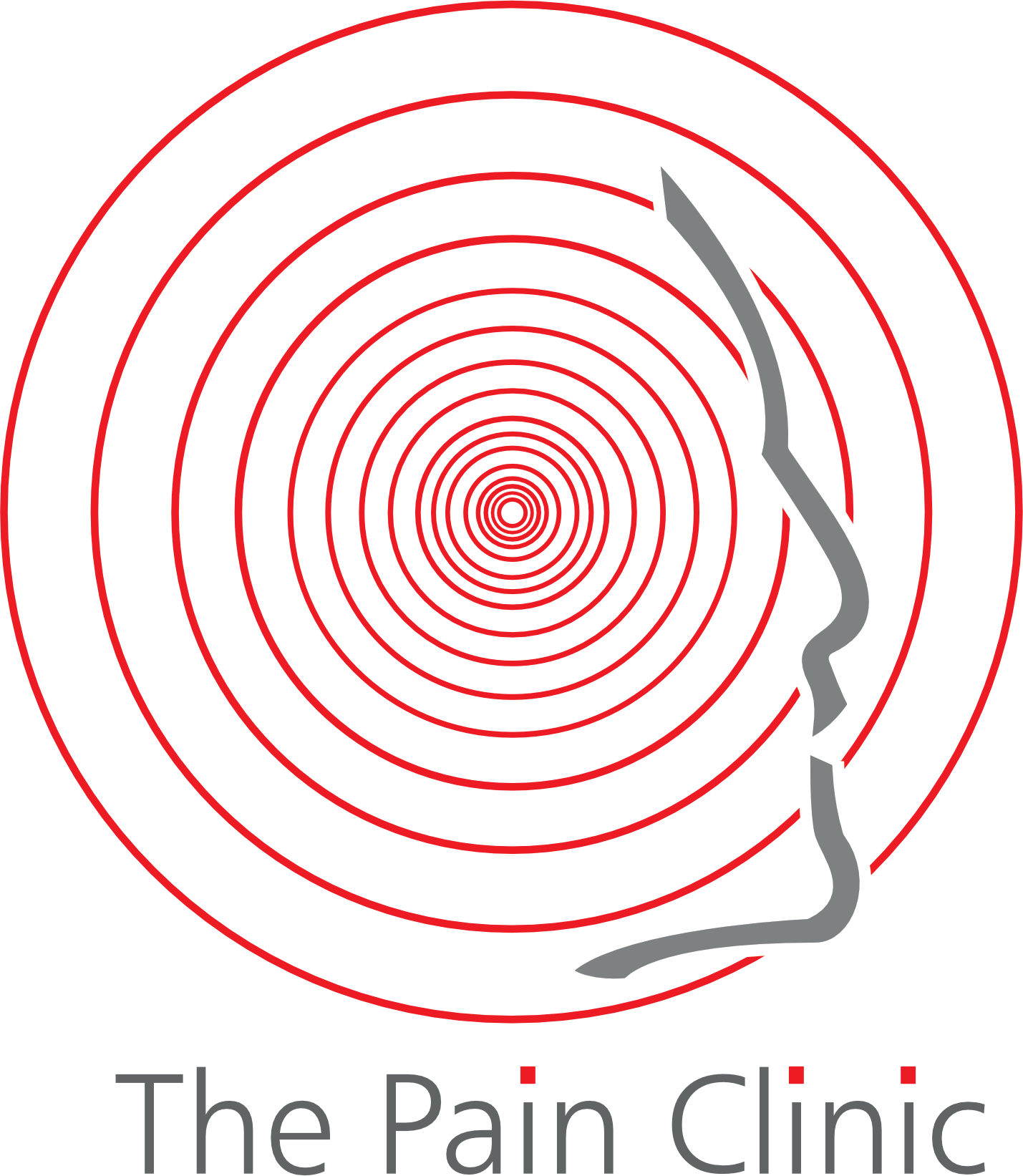Joint Pain
Joint pain is a common symptom that can be caused by a variety of factors such as injury, inflammation, infection, and degeneration. Joint pain can affect one or more joints in the body and can range from mild to severe.
Some common causes of joint pain include:
Osteoarthritis: Osteoarthritis is a degenerative joint disease that can cause pain, stiffness, and limited range of motion in the affected joint.
Rheumatoid arthritis: Rheumatoid arthritis is an autoimmune disease that can cause inflammation in the joints, leading to pain and stiffness.
Injury: An injury to a joint such as a sprain, strain, or fracture can cause joint pain.
Gout: Gout is a type of arthritis that is caused by a buildup of uric acid crystals in the joints, leading to pain and inflammation.
Infection: An infection in a joint can cause joint pain, swelling, and redness.
Symptoms of joint pain can include pain, stiffness, swelling, redness, and warmth in the affected joint. Treatment for joint pain often depends on the underlying cause and may include medication, physical therapy, rest, and in some cases, surgery. Preventive measures for joint pain include maintaining a healthy weight, staying active, and practicing good posture and body mechanics
